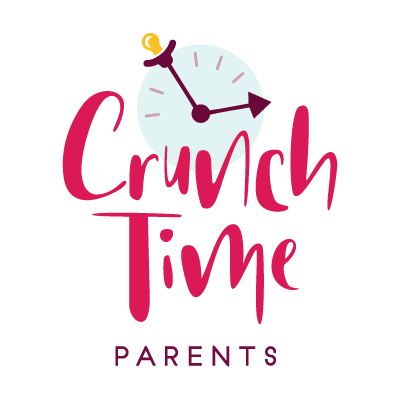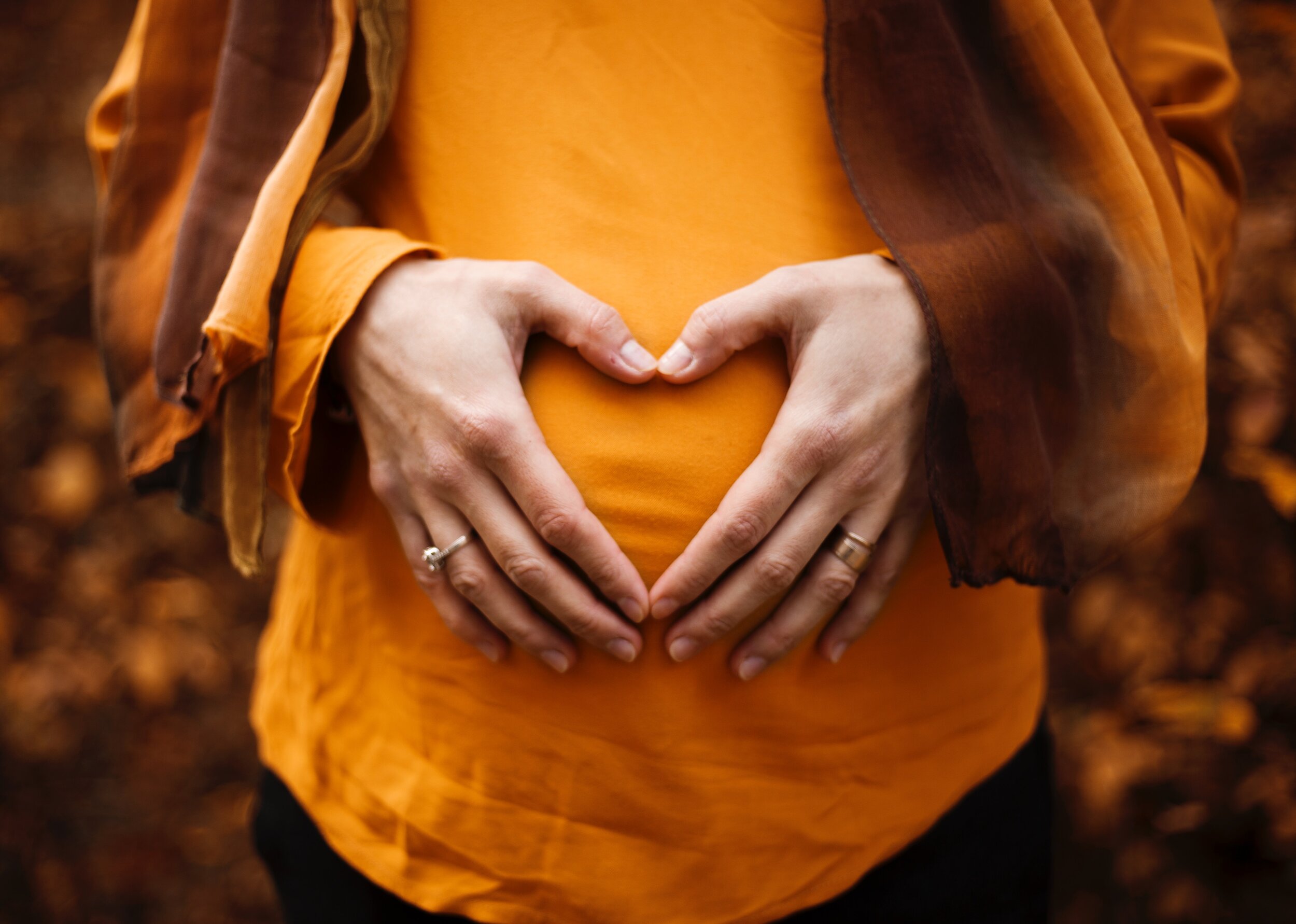New Autism Findings Are Couched in "Don't Blame Parents" Rhetoric, but Critics Say Report Points Fingers
/By Salma Abdelnour Gilman
A new report about a potential cause of autism points to clues in a baby's teeth. In children who later develop autism, researchers can see "records of what exposures occurred during fetal development, and when they occurred, in a manner similar to the rings on trees." says a New York Times column headlined; "In Baby Teeth, Links Between Chemical Exposures in Pregnancy and Autism."
Author Peri Klass, M.D., a regular contributor to NYT's Checkup column, takes pains to note that the findings should NOT in any way suggest that mothers, and parents in general, are responsible for kids' early exposure to those factors, but many readers aren't buying the sincerity of the "don't blame parents" approach.
In the intro to her column, Klass writes that "so many different exposures have been linked to problems in the developing fetal brain that parents can sometimes feel both bewildered and, inevitably, at fault for failing or having failed to take all possible precautions" to prevent autism in their child. Her piece, which has ignited a controversy, also quotes a number of experts who repeat versions of her point.
Manish Arora, a professor of environmental medicine and public health at Mt. Sinai's Icahn School of Medicine, who worked on the study about baby teeth that prompted Dr. Klass's column, says "this is not about blaming the parent in any way."
According to Arora, the findings about baby teeth, initially reported in the journal Science Advances, "could lead to a biomarker for autism, a diagnostic test which could be administered before a child shows behavioral differences," Klass writes in NYT. "Could finding ways to correct that disrupted pathway alter a child’s neurodevelopment?"
The article also quotes Craig Newschaffer, director of Drexel University's A.J. Drexel Autism Institute, saying that “pointing a finger at mom is not the endgame of this kind of research. The endgame isn’t going to be about individual decision making, but more about informing policy" around environmental issues such as pesticides, air pollution, and other toxin exposures.
Dr. Klass's column does, however, quote health professionals who suggest buying organic produce during pregnancy, and opening windows for better circulation of chemical dust at home, until more wide-ranging policy measures can be implemented. It also points to possible links between autism and advanced parental age (both mothers and fathers), and to hyperthyroidism.
The NYT column's comments section has erupted in criticism of the article, and the research itself, for implicit parent-blaming. Other commenters are taking issue with the assumptions underlying autism studies, and many are lamenting the sorry state of health policy in a country that prioritizes corporate interests like Big Pharma over people.
Once commenter in Portland writes, "Saying you're not blaming the mother while including a litany of what the 'individual' should avoid? All, of course, moving towards the ultimate goal: 'important gains in reducing autism.' Has the NYTimes entirely missed the neurodiversity movement?"
Another commenter writes: "Do these doctors realize just how dangerous their research is? By associating toxins to Autism they are pouring lighter fluid on the smoldering fire of the anti-vaxers. These are people who would rather their child die, than be like mine (I am the father of a child on the Spectrum)."
"When the Trump administration is supporting money and business over breastfeeding, what is the hope of cleaning up the environment," writes another.
Some commenters are praising the study, and rising to the defense of Dr. Klass and the NYT article: "Dr. Klass has done parents a tremendous service by 'burying the lede' here," writes one. "Her first four paragraphs are so important in allaying the fears and the guilt parents of children with neurodevelopmental disorders feel. There is likely never to be a single cause of these disorders discovered and, once elucidated, those causes will prove to be outside of the control of parents. Parents have enough to cope with without the added burden of guilt."
If you're a parent of a child with autism, or a health professional with related experience, and you'd like to write a post for us reacting to the controversy, let us know. We'd love to hear your thoughts.
Photo at top by Michal Bar Haim via Unsplash.



















